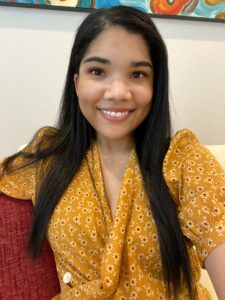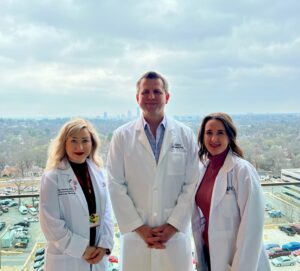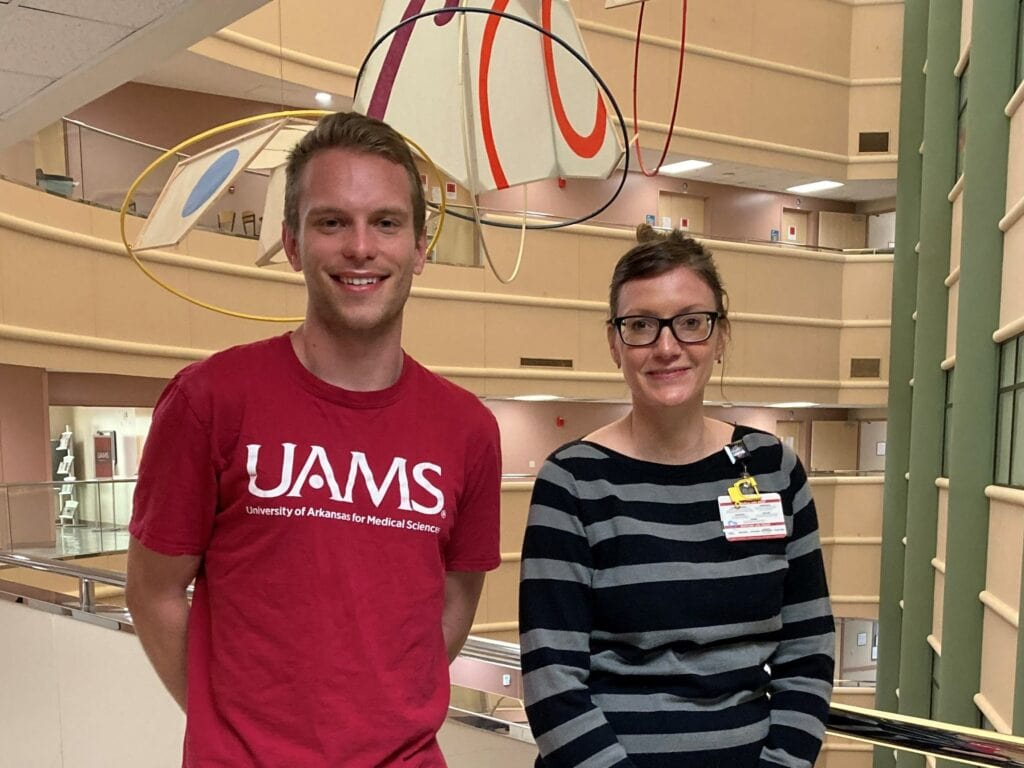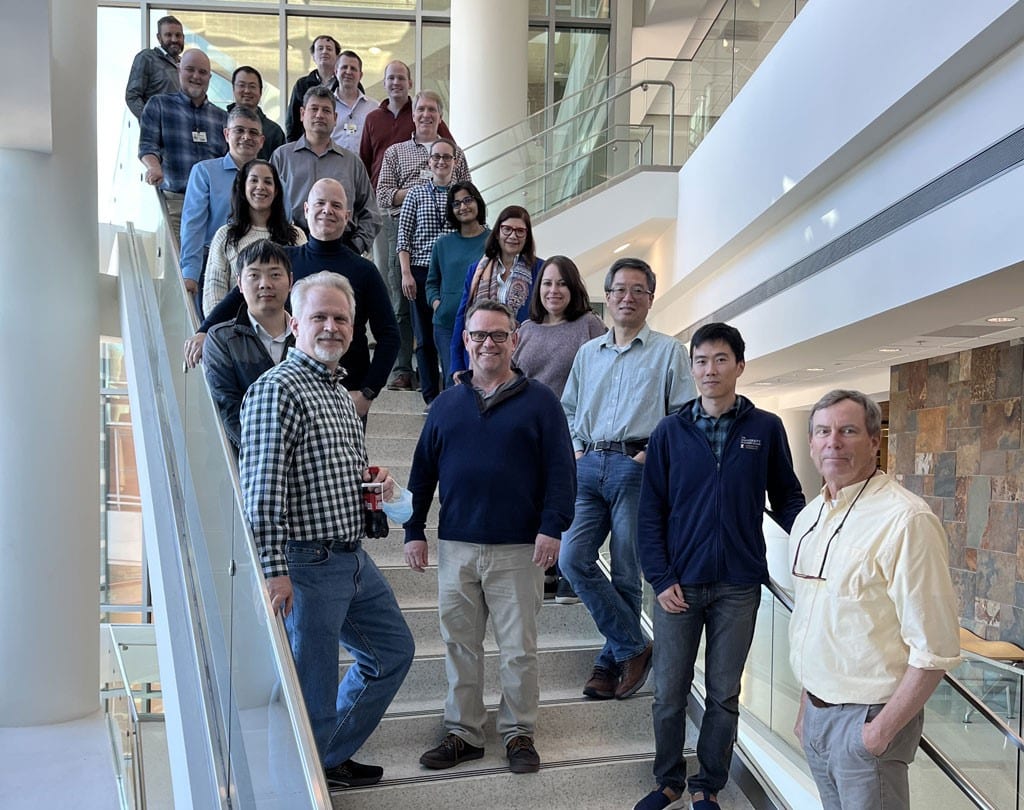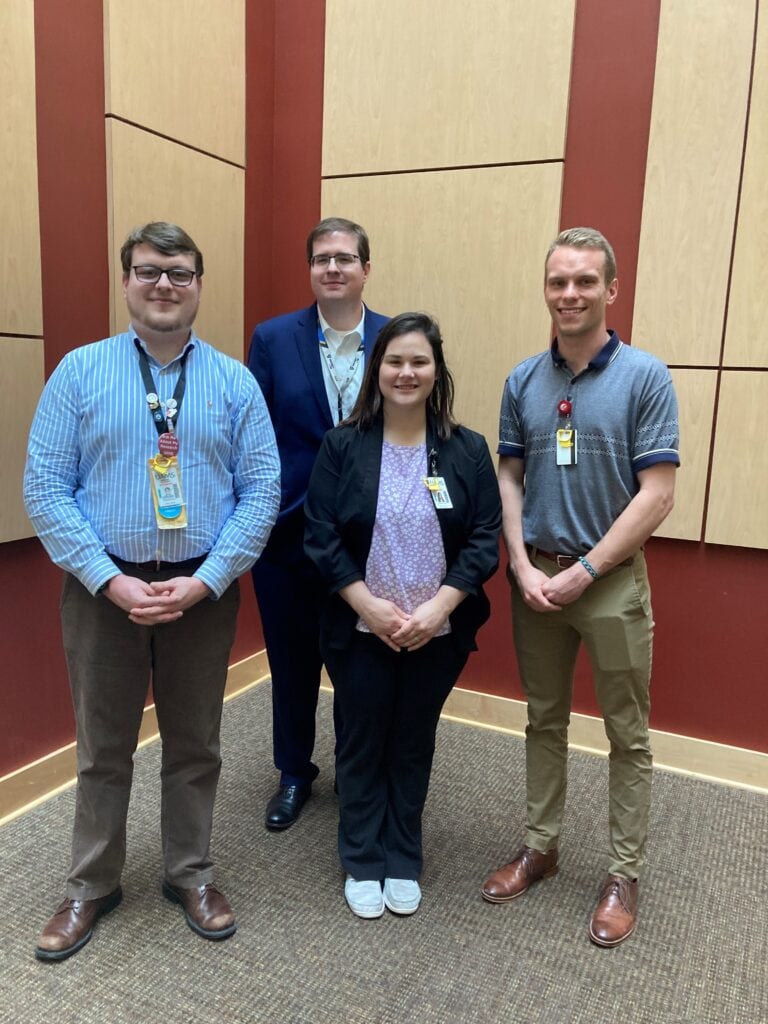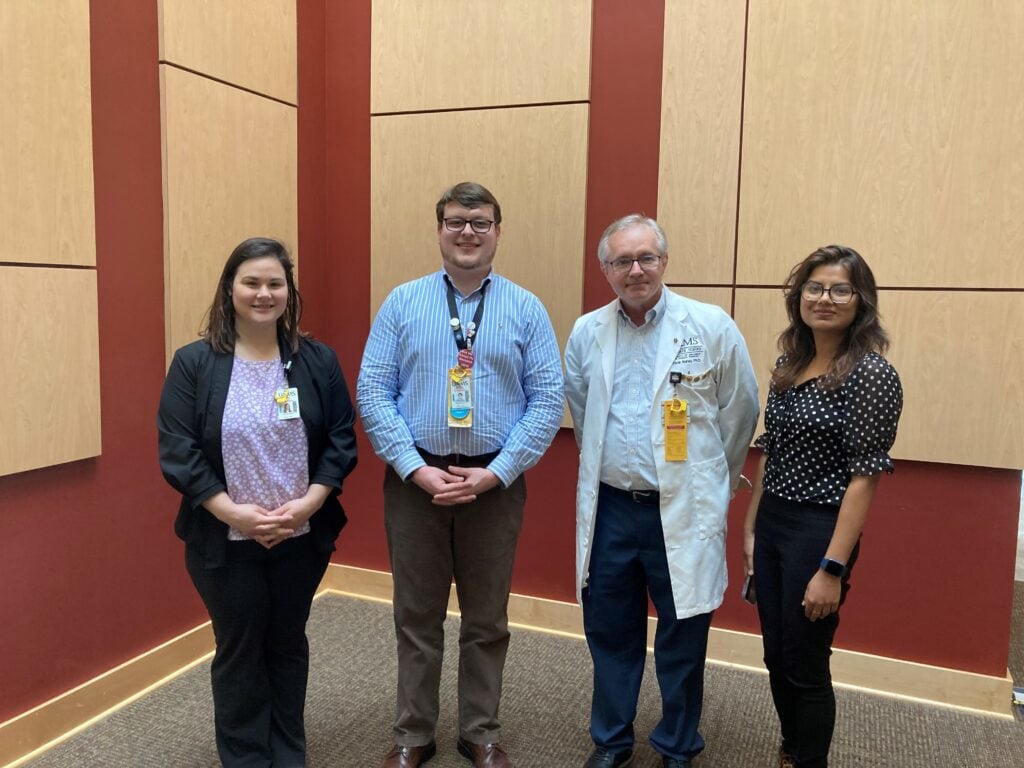
Reham Sewilam, second year student in the lab of Robert Eoff, Ph.D. presented a poster entitled “The Role of DNA Polymerase Kappa (pol κ) as a Sensor of Redox Imbalance in Glioblastoma Multiforme (GBM)”.

Matthew Thompson, a third year student in the lab of Alicia Byrd, Ph.D., presented a poster entitled “HELB Maintains Genomic Stability in Response to Replication Stress”.


